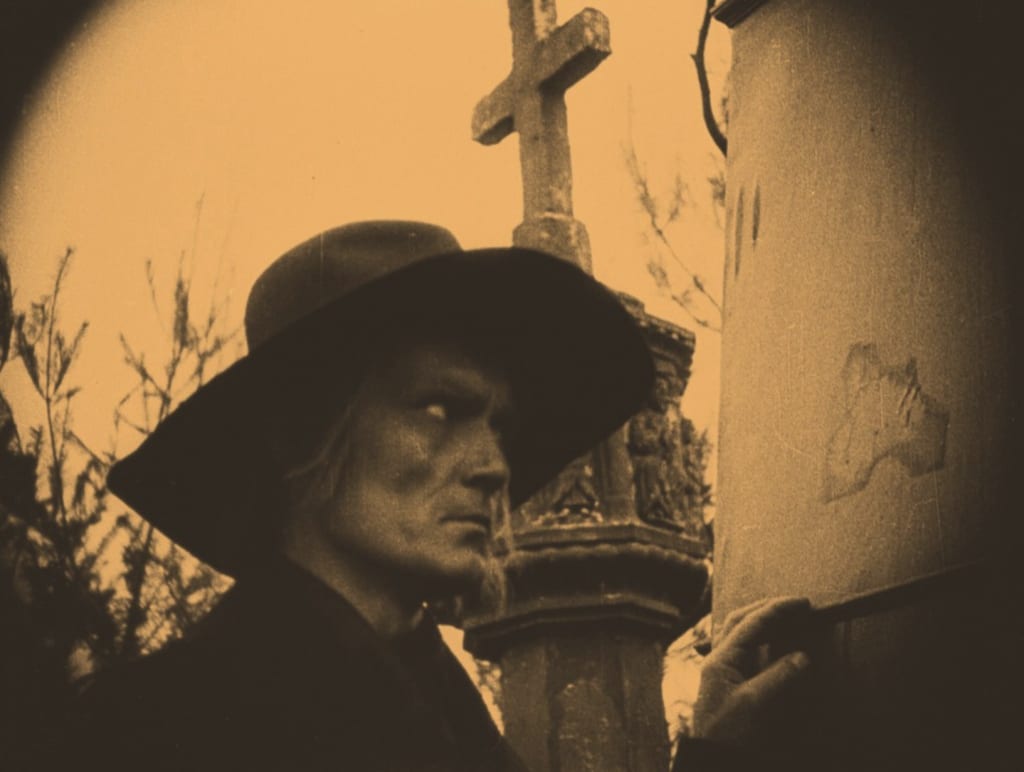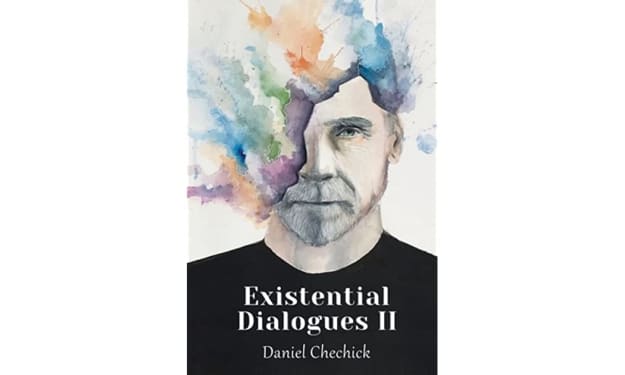A Filmmaker's Review: "Der Müde Tod" (1921)
5/5 - An early masterpiece from a cinematic God...

Fritz Lang's name conjures up images of a cinematic overlord, a man with a plan, an artist, a deity of the early screen and yet, I have often seen people overlook the film "Der Müde Tod" (The Weary Death) in favour of more popular later films such as "M" (1931) with the incredible Peter Lorre, or even the famed and ever-popular series of "Dr. Mabuse". I am a massive Fritz Lang fan, I am a fan of all the early German directors - but especially Lang ("Dr. Mabuse"), Murnau ("Nosferatu") and Weine ("The Cabinet of Dr. Caligari"). One watch of a Fritz Lang movie normally puts me right in the mood to rewind the whole thing and watch it again just for the depth and analysis. I find that if a movie does that to me, then it is worth a solid five out of five. Let's take a look at what it is about first then, shall we?
The film is about a woman who loses her lover to death and then, death appears to her. In a sort of Faustian style, the woman asks for her lover back but death declines - instead making a form of wager with her. He states that if she were to stop the deaths of three different lovers in different couples over different parts of the world before midnight, she could have her lover back and they could be together. She would only need to stop the death of one but would have three chances to do so. She then works her way around the different countries and different lovers, trying everything she can to save her lover from eternal death before midnight strikes.
Often I see that Fritz Lang's early works, like Murnau's early works, are ignored in favour of the ones that are more famous in the dictionary of film such as the German Expressionist Horror Films. But, though it is not technically horror, these are. a pretty good example of early fantasy film and make for an excellent study into symbolism and the way images are used to depict certain things: ghosts, for example and the human spirit.
The film goes through different acts, which means it is easier for the audience to understand where one 'light' (as each lover's life is represented by a candle) starts and another ends. If the 'light' goes out, then obviously the woman did not succeed but if the light stays on then she did. I think that the most important thing we are to look out for is the way in which not the light is representative of the human spirit, but the way in which time is used as something that can be bent and something that is malleable.
The fact that Death is a character and not just an idea makes this easier to understand as the audience can actually see Death bending and controlling the time of mortals to his will and the speech he does from time to time really gives rise to our theory about Death being the only solution and the only certainty about life. The strange warning he gives near the end of the film resonates with the soul long after the movie is over and there is definitely an attempt at frightening the audience, but then releasing us into the knowledge that our time too, will come though there may be nothing we can do about it then. Death represents a power like no other and as humans, the only way we could understand this power is if death itself was made into a human being - a character.
I think that it is also possible that the audience may draw some similarities (if not many similarities) between Lang's "Der Müde Tod" and Bergman's "The Seventh Seal".
About the Creator
Annie Kapur
200K+ Reads on Vocal.
English Lecturer
🎓Literature & Writing (B.A)
🎓Film & Writing (M.A)
🎓Secondary English Education (PgDipEd) (QTS)
📍Birmingham, UK






Comments
There are no comments for this story
Be the first to respond and start the conversation.